Who OWNS lagos ?
Forget what you’ve heard. Lagos is not run by the people you see, but by the ones you never question.”From colonizers to warrior kings, from godfathers to street thugs. Lagos has always had one unspoken rule — control the streets, and you control the city. “That brings us to the question in this article, who are the kings behind the throne? “Who calls the shots?”, “Who controls the city?” And lastly
who owns Lagos? Is it the Yorubas? The Igbos? The Benin empire? The British?”
“Or is it the man who mastered silence, loyalty, and the street?”
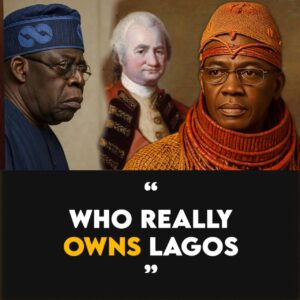
The Eko before Lagos
Before the Portuguese arrived in the Atlantic shores of West Africa, followed by the British,
Lagos was originally called Eko by the early settlers. These early settlers were known as the
Awori people who were a distinct clan and their dialect being slightly different from the usual
Yoruba. They had migrated from Ile-Ife which is the spiritual home of the Yorubas around the 13th century, and they eventually settled on the Islands and swamps surrounding the lagoons in Lagos.
The no man’s land
The Awori people, made up of farmers. Mostly fishermen and salt traders then lived in scattered areas across what is now Isale Eko, Iddo and other parts of modern-day mainland Lagos. They lived in peace because these areas in which they lived had rich water resources, mangrove forests and fertile land. So, the question is, if they were so peaceful, where did everything go wrong? Because Lagos is the blood, sweat and tears of many generations passed. Blood of politicians, goons, thugs put together for the stifle of power and the ownership of the land. A city shaped by colonizers, brutal generals, warrior-kings, godfathers and even local champions.
THE BEGINING OF THE WAR
Everything began to fall apart around the 15th century when Benin, a powerful empire then which was led by Kings who weren’t farmers but warriors. These warrior kings who ruled various parts of what we know as Edo today and some surrounding territories set their eyes on Eko. Eko flourished mostly by trade because their waters had direct access to the Atlantic Oceans making it automatically open for European traders and this got the attention of the Oba of Benin who realized the economic value of the area, after which he sent his militia chiefs to take control of it.
The war general who led this raid on Eko was known as Ashipa. Ashipa, who historians claim to be a Yoruba noble from Ile-Ife and also a trusted lieutenant of Benin arrived in Eko not as a warrior but with the royal regalia sent from Benin. Soon, he successfully installed himself as the first recognized ruler of Lagos and from him, the lineage passed down to the Obas of Lagos we know today.
But Ashipa still recognized and paid tribute to the Oba of Benin who was regarded as the source of political authority. While Lagos was geographically Yoruba, the political roots were from Benin.
FOREIGN INVADERS
In 1492, the Portuguese arrived and named the area Lagos, because the area resembled a port city they have in Southern Portugal also called ‘Lagos’. The Portuguese quickly transformed Lagos from a small community of farmers to a land of slave trade. The Obas began selling their own people who were their rivals to the Europeans in exchange for guns, rum and wealth.
This continued until the 19th century in the year 1914 when Lagos became the capital of Nigeria. Being regarded as a no-man’s land, everyone from far and near came to trade and seek wealth until the military took over in 1966. During this period little did the obas and the foreign invaders know that the igbos were taking over the lands through purchase, while others were chasing power.
Being a military outpost in the minds of men like Mobalaji Johnson and Gbolahan Mudasiru, they ran the state like one. There was no democracy at the time, so it was strictly ruled by order and hierarchy. This rule gradually turned Lagos into a quest of elite control even after Nigeria returned to civil rule in 1979.
The game was simple. The military gave elites power to become governors on the condition that they would dance to their tone once they are in office. When Governor Lateef Jakande came into power with the dream of developing Lagos schools, housing, and modern infrastructure, he was cut short by the military coup of 1983, making the game clearer to subsequent Governorship aspirants.
BATTLE OF THE LAGOS OWNERSHIP BEGINS
Conspiracy became the order and from Bola Ahmed Tinubu to the current Governor of Lagos State, Sanwo Olu, it is clear that the power in Lagos isn’t in the hands of these Governors, but rather the real power is behind the throne. This was proven when Fashola tried to play an independent game but got removed, Ambode also refused to answer to the powers that be and he got kicked out as well after one term. The current Governor, Sanwo Olu wasn’t chosen by the people, but he was chosen by these same powers behind the real throne of Lagos to serve as a machinery for their agendas.
Prior to this, as Lagos transitioned into a democratic rule from the late 1990s up until now, the hunger for control and ownership heightened. Lagos went from a state with the highest Internally Generated Revenue (IGR) to a state that produces street gangs, thugs and cults who are used as weapons for power clashes between parties.
These agberos, who foster the spine of Lagos politics which is intimidation through killings and chaos soon evolved into an unofficial militia arm of political interests.
Being armed and funded, they ravage elections to disrupt the voting of strong opposition parties, snatch ballot boxes, and put fear in the hearts of people seeking a better representative for themselves.
In fact, most vote in the inner polling units especially in places like Munshin, Oshodi, Ajegunle, Surulere and so on have their vote decided before the voters even arrive. These thugs control all this with guns, knives and violence. This is seen in the 2019 and 2023 election where these thugs were disrupting votings that didn’t favor APC in Okota and other strong polling units. Who sent them? Why is it in their interest if they aren’t controlled and funded by someone behind the scenes?
Before APC came into play as the party in control, every Governor since 1999 till date who has ruled Lagos came from one single political structure. Not a party, but a structure. That way, even when the party’s name changed following evolution, the engine stayed the same.
THE WAR IS TAKING SHAPE
The volution goes like this: After the annulment of the 1993 presidential election which MKO Abiolo was said to have won but was met with resistance that came from Lagos, a group rose from this resistance which was known as NADECO (National Democratic Coalition). This group was filled with activists, intellectuals who stood against the military and pushed a return to democracy.
Among these members was a very strategic man who was then a Senator by name Bola Ahmed Tinubu, and after democracy returned in 1999, many members from this NADECO party formed a party of their own known as AD (Alliance for Democracy). The difference being that this new party had its roots in Yoruba nationalism and they dominated the Southwest under which Tinubu became the Governor of Lagos State.
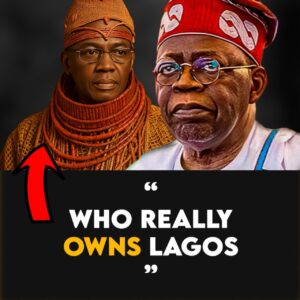
click link for vide
THE BIRTH OF JAGABAN
Tinubu, after his 1999 term refused to step down and this caused internal crisis within the AD party, resulting in their fall, but while PDP under Obasanjo thrived in the Southwest, Tinubu still stood tall as the only Governor who wasn’t removed because he had street power and equally betrayed his alliances earning him the title, ‘Jagaban’.
In 2006, he abandoned the AD party and created a new party called AC (Action Congress). A party in alliance with INEC registration, and this is where the ownership of Lagos became systemic.
The AC party soon became ACN (Action Congress of Nigeria), and in 2013 the party merged with other parties to form what is today known as APC (All Progressive Congress), but the party’s goal wasn’t just to win Lagos State Governorships anymore, but to evolve into the Federal view. And today, Tinubu is the President of the Federal Republic of Nigeria through this party.
THE IGBO UNPLANNED DOMINANCE
And what about the Igbos, isn’t it quite sad that a city as Lagos which is considered to be a citadel of migration where people come to invest and seek a better life still treats some of their migrants or settlers as unwanted tourists?
There is no doubt that the Igbo people did not just come to seek fortune, but rather they have contributed immensely to the economic, cultural and demographic view of Lagos. But how come they have no say politically? In places like Alaba, Trade Fair, Asampa, Ojo, Isolo, Okota, Surulere, Ajah, Ikega and so on, you’ll see the posterity of the Igbo people in Lagos. Their presence cannot be denied because it speaks volumes, not just in population, but also in real estate ownership, in commerce, in schools, even back to generational roots.
Many igbos who live in Lagos didn’t just migrate there, most of them were born there, schooled there, raised their families there, and even own property and businesses worth millions of naira there, legally. But they get bullied during elections.
They’re often silenced and violated. Almost as if they have no right to a political voice in the state. This happens over and over again. And while some deem it okay by arguing that it is the fault of the Igbos who focus on nothing more in this life than finding wealth. Others also argue that the Igbos chose commerce culturally and not politics. And so while other tribes built political foundations, the Igbos were busy building market and trade foundations. But are they wrong for that?
Seeing that Lagos was a blank state that the Igbos filled with trade? Does it mean that an Igbo man who’s overly qualified and even speaks the Yoruba language fluently, understands the system and has decided to run for a political seat should be met with violence, bullying and silence? Does it mean the Igbos should come to terms with the fact that no Governor can be sworn in from their tribe in Lagos State? No appointments can be made from them? They should just be seen as a tribe rather than investors?
All this being said, the question falls back to who owns Lagos?
Is it the British who once claimed it, raised their flag on the soil and colonized the state? or the Benin Empire who once ruled it with warriors and tributes, or is it the Yoruba people who called it home, even though they are divided by tribe, dialect and politics?
The truth no one wants to believe is that Lagos is owned by the man who has mastered the art of control. And this has very little to do with leadership control, but rather control of the streets, the ballot, the media, and most especially the silence of the people.
And there’s none other who has this control than the Jagaban himself, Bola Ahmed Tinubu.
Tinubu has his imprints in every corner of Lagos. His imprints are in the transport union, the candidate who never wins, the state budgets, the godfathers behind the scenes who can’t be removed or left unsettled, and the fear that has been normalized through his thugs.
In conclusion, it will take real people’s movement fueled by courage and competitive funds to break down the structure that has been prevalent for decades before the tide turns to the people owning their land again.
we are not just talking about the glory of Lagos, but the scars. The questions everyone is afraid to answer. And these questions are “who are the kings behind the throne?”,
“Who calls the shots?”, “Who controls the city?”, “Who really owns Lagos?”
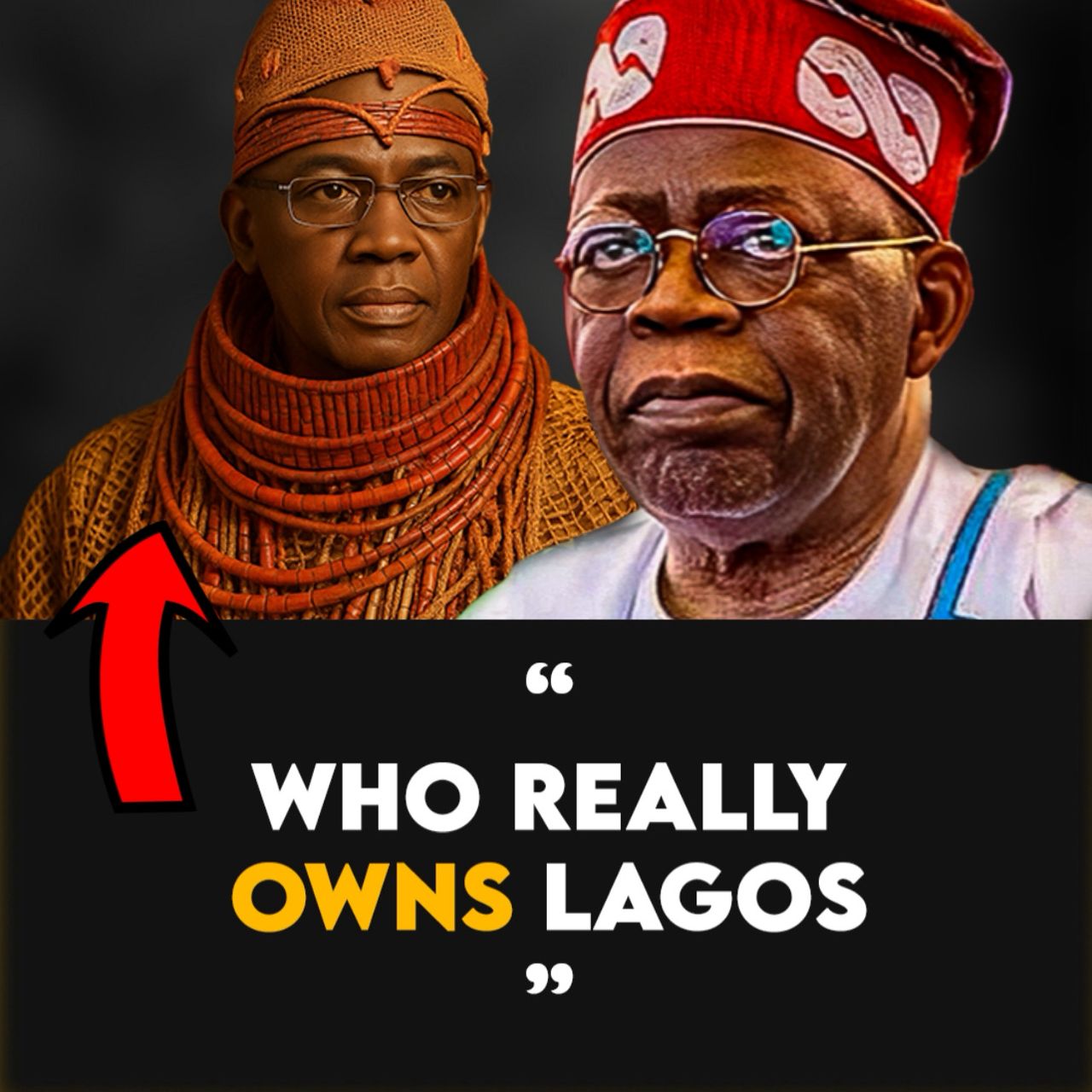
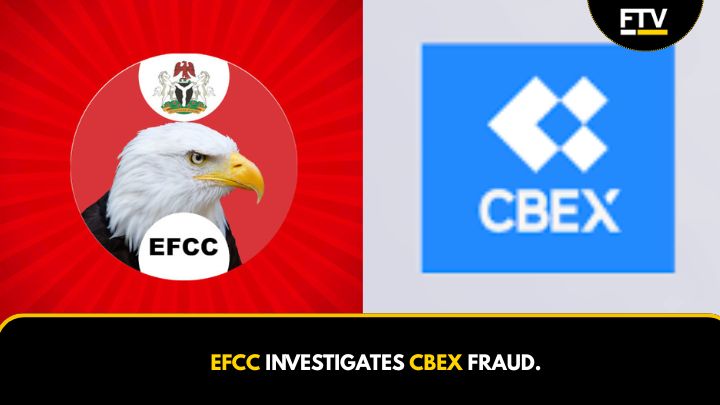


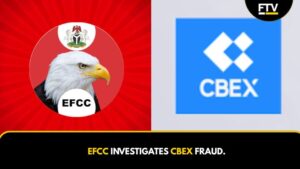
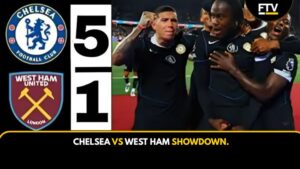
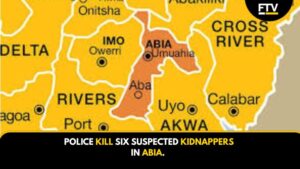


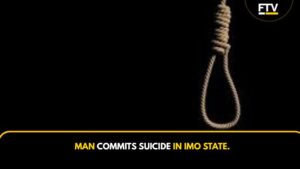
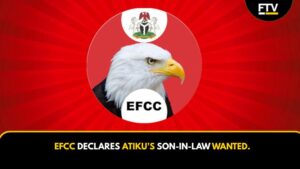

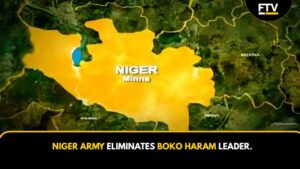
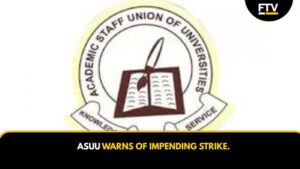
Post Comment